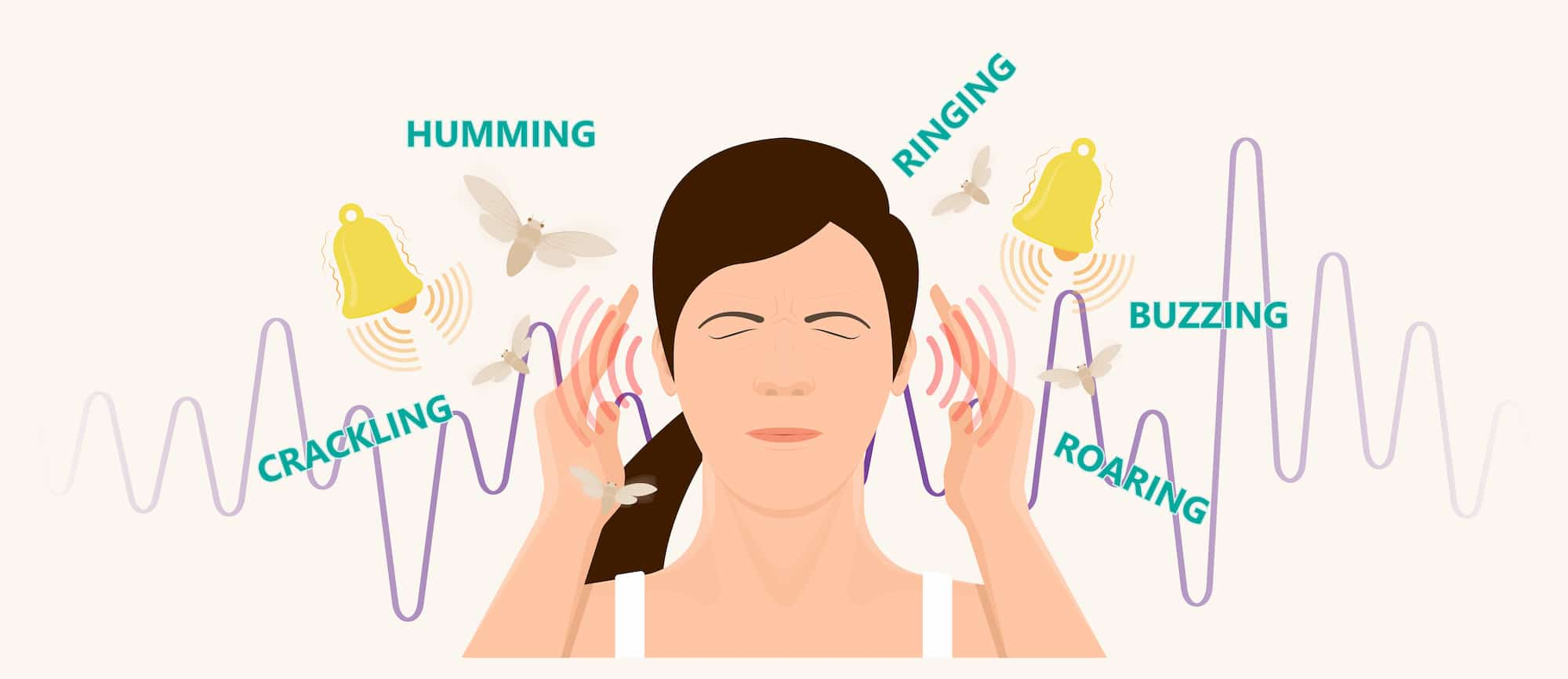
Tinnitus, commonly known as ear ringing, affects millions worldwide. Characterized by a persistent noise in one or both ears, it can range from a minor nuisance to a debilitating condition. While tinnitus is often linked to hearing loss, exposure to loud noises, or other underlying health issues, there are various strategies to manage and potentially relieve the symptoms.
Understanding Tinnitus
Tinnitus manifests as a ringing, buzzing, hissing, or whistling sound. It is not a condition itself but a symptom of an underlying issue. Potential causes include:
Hearing Loss: Age-related hearing loss or noise-induced hearing loss.
Ear Infections or Blockages: Infections, earwax buildup, or foreign objects in the ear.
Medication: Some medications can cause or worsen tinnitus.
Health Conditions: High blood pressure, cardiovascular disease, diabetes, or thyroid disorders.
Effective Strategies for Relief
1. Protect Your Ears
Preventing further damage is crucial. Limit exposure to loud noises by using ear protection such as earplugs or noise-canceling headphones. Avoid environments with excessive noise whenever possible.
2. Sound Therapy
Sound therapy uses external noise to alter the perception of tinnitus. White noise machines, fans, or low-volume music can mask the internal sounds. Specialized tinnitus sound generators are also available, providing customized sounds tailored to your specific needs.
3. Cognitive Behavioral Therapy (CBT)
CBT helps change the way you think about tinnitus, reducing the distress it causes. It involves working with a therapist to develop coping strategies and alter negative thought patterns associated with the condition.